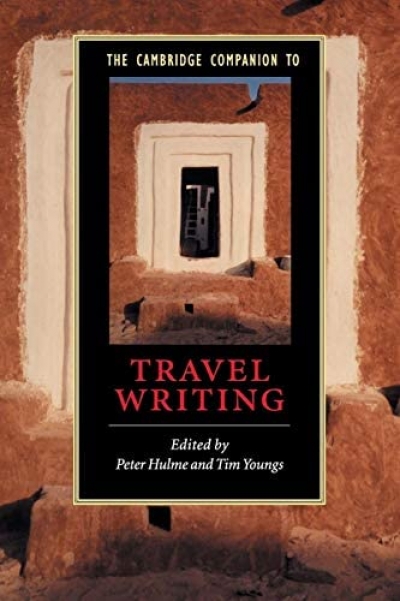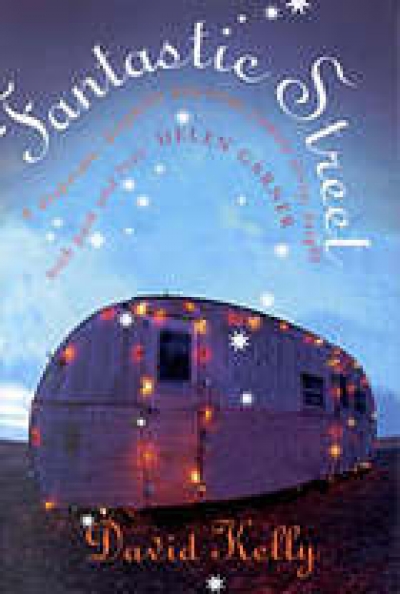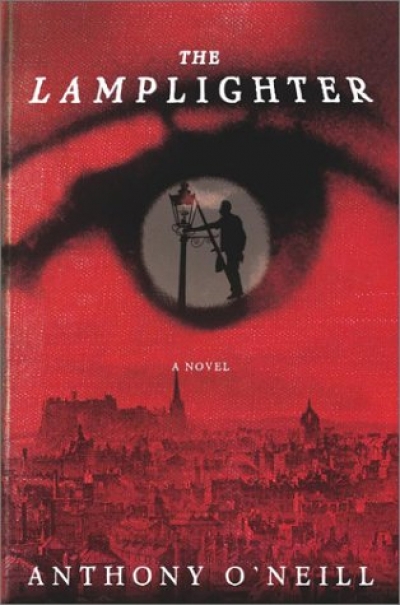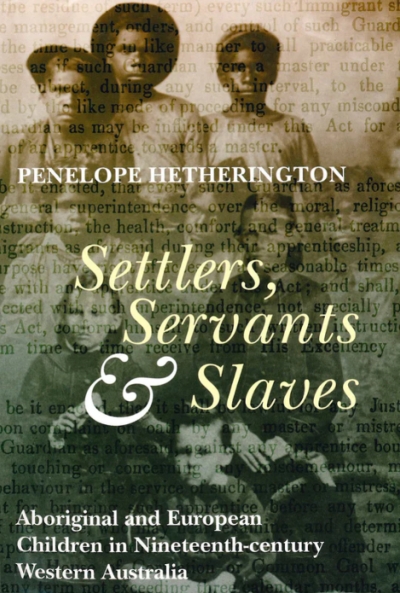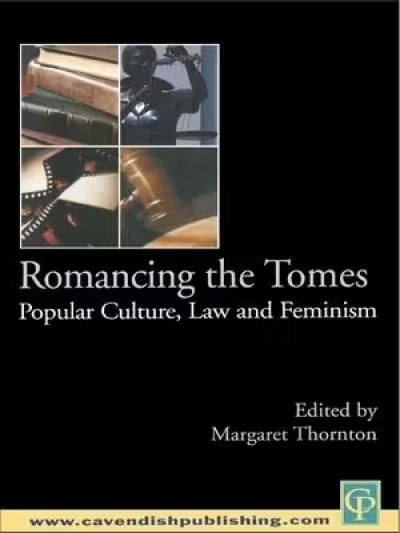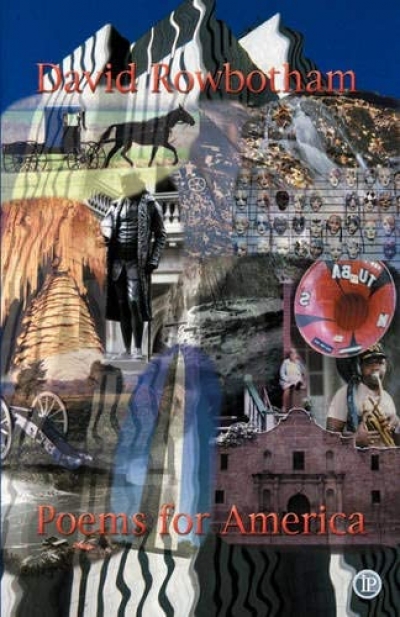Archive
The Mildura Writers’ Festival is always one of the most congenial and stimulating events on our literary calendar. Clive James, our lead reviewer this month, has just agreed to attend this year’s festival and to deliver the 2003 La Trobe University/ABR Annual Lecture. The lecture will take place at 8 p.m. on Friday, 25 July, and the festival will follow that weekend (July 26–27). Clive James (pictured below) will also deliver the lecture in Melbourne soon after the Mildura Writers’ Festival. Full details of both events will follow in the June/July issue. ABR subscribers will be entitled to attend this major lecture gratis.
... (read more)The Cambridge Companion to Travel Writing edited by Peter Hulme and Tim Youngs & Venus in Transit by Douglas R.G. Sellick
by Ros Pesman •
Fantastic Street by David Kelly & Falling Glass by Julia Osborne
by Bronwyn Rivers •
A Momentary Stay by William C. Clarke & Sand by Connie Barber
by Georgina Arnott •
The Hot Seat: Reflections on diplomacy from Stalin’s death to the Bali bombings by Richard Woolcott
by John Monfries •
Settlers, Servants & Slaves: Aboriginal and European children in nineteenth-century Western Australia by Penelope Hetherington
by Peggy Brock •
Romancing the Tomes: Popular culture, law and feminism edited by Margaret Thornton
by Kristie Dunn •

